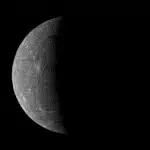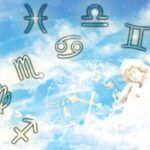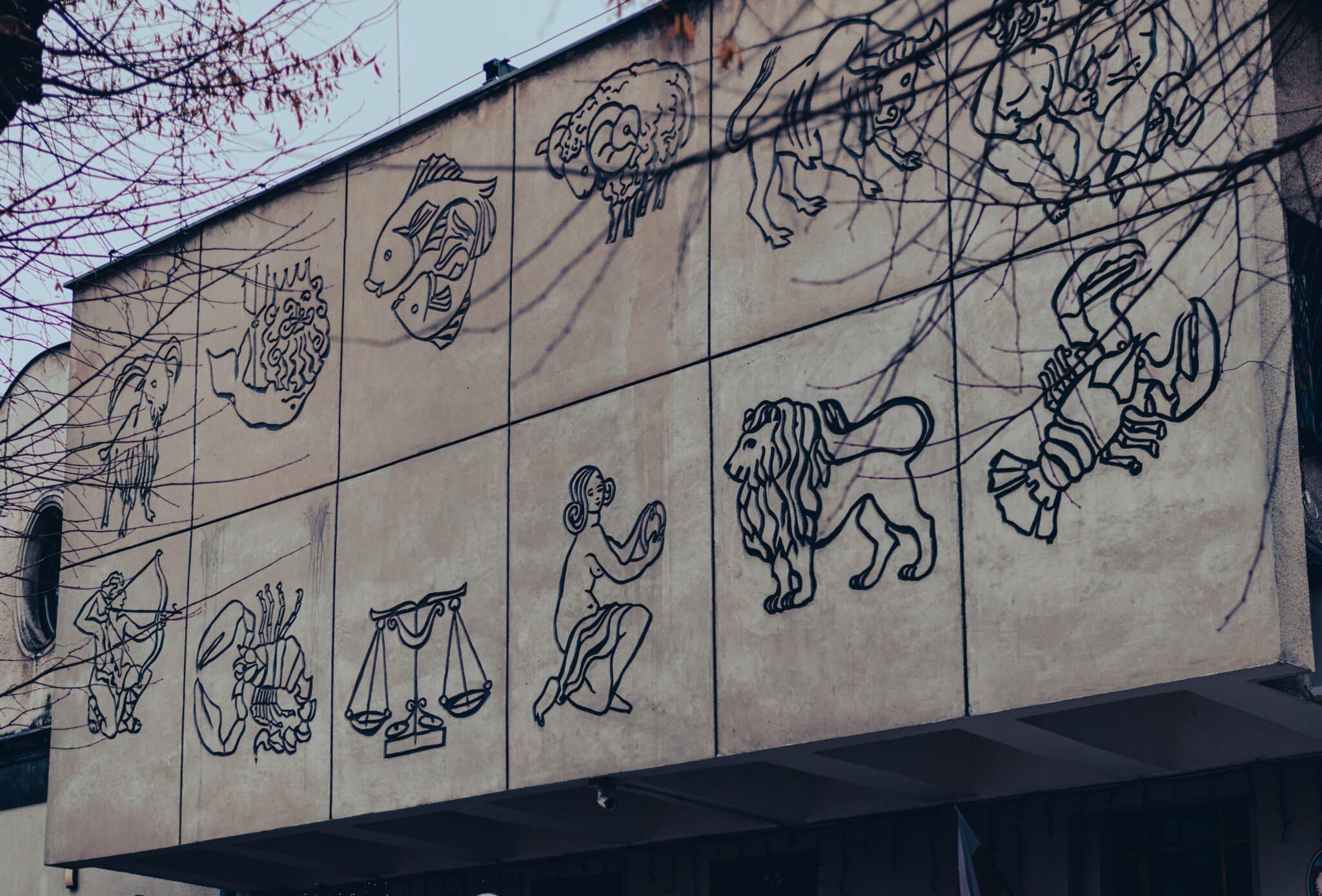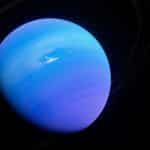Astrology has fascinated humans for centuries, blending art and science to offer insights into our lives. Whether it’s understanding our personalities, relationships, or destinies, astrology provides a lens through which we can explore these aspects. Two of the most popular systems are Chinese and Western astrology, each with its unique traditions and methods. This guide will dive into the origins, key elements, main differences, and surprising similarities between these two mystical disciplines.
Table of Contents
- What is Chinese Astrology?
- Practical Applications of Chinese and Western Astrology
- What is Western Astrology?
- Main Differences Between Chinese and Western Astrology Systems
- Are There Similarities Between Chinese and Western Astrology?
- Is One Astrology System More Accurate Than the Other?
- Can You Follow Chinese Astrology If You Live in the West?
- Combining Chinese and Western Astrology for a Holistic View
- Conclusion
What is Chinese Astrology?
Chinese astrology, known as the Eastern or Chinese Zodiac, boasts a rich history steeped in ancient Chinese culture and philosophy. Its origins can be traced back over 2,000 years to the Han Dynasty, where it flourished alongside the teachings of Confucianism, Taoism, and Buddhism. The Chinese zodiac system emerged from a fusion of celestial observations, lunar cycles, and cultural symbolism, becoming an integral part of Chinese society.
Main Elements
The twelve animal signs are at the core of Chinese astrology, each representing a year in a twelve-year cycle. These animals hold profound symbolism and characteristics that shape individuals born under their influence. Additionally, Chinese astrology incorporates the Five Elements—Wood, Fire, Earth, Metal, and Water—which interact with the animal signs, adding depth and complexity to astrological readings.
Practical Applications of Chinese and Western Astrology
While understanding the ins and outs of astrology is fascinating, let’s talk about how you can actually use these insights in your daily life. Both Chinese and Western astrology have practical applications that can make your life smoother and more exciting:
Chinese Astrology
In Chinese astrology, those animal signs and elements aren’t just for show—they can help you make better decisions about your career, relationships, and personal growth. Ever wondered if you and your partner are truly compatible? Check your animal signs! Feng Shui, which ties in closely with Chinese astrology, uses the principles of energy flow and harmony to make your living space a sanctuary of well-being and prosperity. Imagine aligning your home’s energy with your astrological elements to enhance every aspect of your life.
Western Astrology
Western astrology, focusing on natal charts and planetary movements, is like having a personal roadmap for your life. Astrologers can help you decode your birth chart to uncover your strengths, challenges, and life purpose. Wondering when to make a career move or start a new relationship? Look at the transits and progressions for guidance. Your chart can also offer insights into your health and psychological traits, helping you achieve a balanced and fulfilling life.
What is Western Astrology?
Western astrology, with roots stretching back to ancient Mesopotamia and Egypt, found prominence in Greco-Roman civilization before spreading throughout Europe and beyond. Influential figures such as Ptolemy and Claudius Ptolemy contributed to its development, blending astronomy, philosophy, and mythology into a comprehensive system. Western astrology evolved alongside the rise and fall of empires, adapting to cultural shifts while retaining its core principles.
Main Elements
The cornerstone of Western astrology lies in the twelve zodiac signs, which correspond to specific periods of the year based on the Earth’s orbit around the sun. These signs reflect distinct personality traits, characteristics, and astrological influences. Western astrology also incorporates planetary movements, aspects, and transits to interpret celestial energies and their impact on individuals and events.
Main Differences Between Chinese and Western Astrology Systems
Chinese and Western astrology have many differences and authenticities, but let’s primarily explore how these differences reflect various aspects of astrology.
Zodiac Signs
One of the most noticeable disparities between Chinese and Western astrology is the structure of their zodiac systems. While Western astrology divides the year into twelve equal segments based on the Earth’s orbit around the sun, Chinese astrology follows a lunar calendar, each year represented by one of the twelve animal signs. This distinction results in a shifting astrological cycle in the Chinese system, where each year corresponds to a different animal sign, compared to the fixed dates of the Western zodiac signs.
Chinese Zodiac Signs:
- Rat
- Ox
- Tiger
- Rabbit
- Dragon
- Snake
- Horse
- Goat
- Monkey
- Rooster
- Dog
- Pig
Western Zodiac Signs:
- Aries
- Taurus
- Gemini
- Cancer
- Leo
- Virgo
- Libra
- Scorpio
- Sagittarius
- Capricorn
- Aquarius
- Pisces
Astrology Transits
In Western astrology, transits refer to the movement of planets to an individual’s natal chart, indicating significant influences on their life and experiences. Astrologers analyze these transits to predict future events, opportunities, and challenges. In contrast, Chinese astrology places less emphasis on individual transits. It focuses more on the cyclical nature of time, with each year governed by a specific animal sign and elemental energy.
Calendars
Western astrology primarily utilizes the Gregorian calendar, which is based on the Earth’s orbit around the sun and follows a solar year. Conversely, Chinese astrology operates on a lunar calendar, where the moon’s phases determine months and years follow a twelve-year cycle. This variance in calendar systems results in differences in the timing of astrological events and readings between the two systems.
Zodiac Elements
Chinese and Western astrology incorporate elements into their systems, but their symbolism and application differ. In Chinese astrology, the Five Elements—Wood, Fire, Earth, Metal, and Water—interact with the twelve animal signs, influencing their traits and fortunes. Meanwhile, Western astrology associates four classical elements—Fire, Earth, Air, and Water—with personality traits and astrological dynamics. Still, they do not directly interact with the zodiac signs like in Chinese astrology.
Are There Similarities Between Chinese and Western Astrology?
Despite their disparities, Chinese and Western astrology share common ground in their fundamental principles and objectives. Both systems aim to provide insights into individuals’ personalities, relationships, and life paths by interpreting celestial influences. Additionally, they acknowledge the cyclical nature of time and the interconnectedness of cosmic energies with earthly affairs, fostering a deeper understanding of the universe and our place within it.
Cultural Significance
Both Chinese and Western astrology hold significant cultural importance within their respective societies. In China, the Chinese zodiac is deeply ingrained in everyday life, influencing various aspects such as marriage, career choices, and even national events. Similarly, Western astrology has left its mark on art, literature, and popular culture throughout history, shaping how people perceive themselves and their relationships.
Symbolism and Archetypes
Both systems employ symbolic imagery and archetypes to convey meaning and insight. Whether it’s the animal signs of the Chinese zodiac or the mythical creatures and symbols associated with the Western zodiac signs, these representations tap into universal themes and experiences humanity shares. They serve as mirrors through which individuals can reflect on their strengths, weaknesses, and aspirations.
Cosmic Harmony and Balance
Central to both Chinese and Western astrology is the concept of cosmic harmony and balance. In Chinese astrology, the Five Elements interact with the animal signs to maintain equilibrium and harmony within the universe. Similarly, Western astrology emphasizes the importance of balance between the elements, planets, and astrological houses to achieve harmony in one’s life and relationships.
Interconnectedness of All Things
Chinese and Western astrology recognize the interconnectedness of all things in the universe. Whether it’s the celestial bodies influencing earthly events or the intricate web of relationships between individuals, both systems highlight the profound connections beyond human perception. This interconnectedness underscores the idea that we are all part of a larger cosmic tapestry, each playing a unique role in destiny unfolding.
Is One Astrology System More Accurate Than the Other?
The accuracy of astrology, whether Chinese or Western, is subjective and varies based on individual perspectives and experiences. Some may find resonance and validation in one system over another, while others may appreciate the insights gleaned from both. Ultimately, the effectiveness of astrology lies in its ability to offer guidance, self-awareness, and a sense of connection to the universe, regardless of the specific system used.
Can You Follow Chinese Astrology If You Live in the West?
Absolutely! Chinese astrology transcends geographical boundaries and cultural backgrounds, making it accessible and relevant to people worldwide. Whether you reside in the West or the East, you can explore Chinese astrology to gain insights into your personality, relationships, and life events. With the proliferation of online resources and practitioners, accessing Chinese astrological wisdom has always been challenging, allowing individuals from diverse backgrounds to enrich their lives through the knowledge of the ancient Chinese zodiac.
Combining Chinese and Western Astrology for a Holistic View
Why choose between Chinese and Western astrology when you can have the best of both worlds? Combining insights from both systems can give you a fuller picture of who you are and your future. Here’s how to mix and match for maximum insight and fun:
Personal Harmony and Growth
Imagine blending the wisdom of Chinese animal signs and elements with the rich insights of Western zodiac signs and planetary influences. It’s like having a double scoop of cosmic goodness! If you’re a Dragon in Chinese astrology and a Leo in Western astrology, you have a powerhouse combination of leadership and ambition. This can help you focus on personal growth and maximize your natural strengths.
Relationship Compatibility
Want to know if you and your partner are a match made in heaven? Use both systems for a detailed compatibility check. Chinese astrology provides insights based on animal signs and elements, while Western astrology digs deep with synastry charts that compare your birth charts. This double-layered approach can highlight areas of harmony and potential bumps in the road, guiding you toward a more fulfilling relationship.
Timing Major Life Events
Both Chinese and Western astrology offer fantastic tools for timing life’s big moments. Chinese astrology’s cyclical nature helps you understand yearly influences and make smart decisions. Western astrology, on the other hand, gives you detailed planetary movements to pinpoint the best times for action. Combining these approaches allows you to sync up with cosmic rhythms and boost your chances of success and happiness.
Conclusion
Astrology, whether Chinese or Western, offers a fascinating glimpse into our lives and the universe around us. While their methodologies, symbols, and cultural contexts might differ, both systems provide profound insights and practical applications for navigating life’s journey. Whether using Chinese astrology to align your living space with Feng Shui or relying on Western astrology’s natal charts to plan your next big move, these tools can enhance your understanding of yourself and your world.
Why choose one when you can enjoy the benefits of both? Combining Chinese and Western astrology can give you a richer perspective on your personality, relationships, and life events. From understanding your innate strengths to timing major decisions, these complementary systems can guide you toward a more harmonious and fulfilling life.
So, the next time you’re pondering your place in the cosmos, remember that both Chinese and Western astrology invite you to explore, contemplate, and embrace the mysteries of the universe with curiosity and an open heart. Dive in, mix and match, and let the stars and elements guide you on your unique journey.











